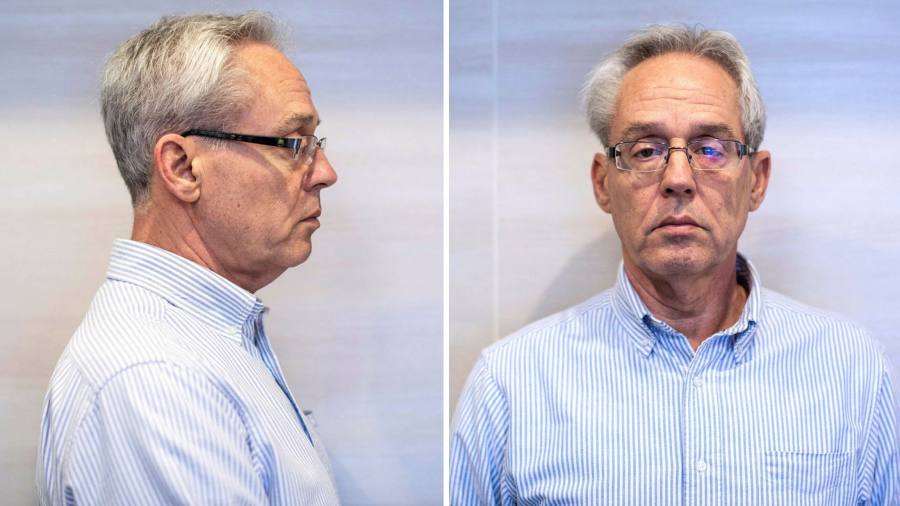[ad_1]
A former Nissan board member accused of conspiring to understate Carlos Ghosn’s pay by $87m testified in a Tokyo court for the first time on Wednesday, arguing that he had acted in the company’s interests as it fought to retain its star chief executive.
In a long-awaited testimony that could now stretch into July, Greg Kelly, the 64-year-old former head of legal affairs, told the Tokyo District Court that Nissan had been “fortunate to have a CEO as talented as Mr Ghosnâ€.Â
Kelly, who was arrested in 2018 and has sat silently in court through eight months of trial, is accused of conspiring with Ghosn to understate the former Nissan chairman’s pay through a scheme of deferred compensation.Â
Ghosn would have faced a trial on that and other financial misconduct charges if he had not fled Japan for Lebanon in late 2019 in an escape orchestrated by a former US Green Beret, who will now also be tried in Japan. Both Kelly and Ghosn have consistently denied all charges.
Kelly said that concerns over keeping Ghosn at the company had increased after the Brazilian-Lebanese businessman’s salary was reduced in 2009.Â
“There was a retention risk,†Kelly told the court in response to questions from his own defence lawyer, adding that it was in Nissan’s best interest to find ways to keep Ghosn from deserting the company for a competitor.Â
Ghosn’s 2009 salary reduction, the Tokyo court heard, had been a response to a landmark change in Japan’s rules on salary disclosure — a highly sensitive issue in a country where top executive salaries are generally lower than their counterparts in the US or UK. At the time, Ghosn ranked as one of the highest paid executives in Japan.
A day before Kelly’s testimony, the court heard extensive excerpts from the statements that Ghosn made to prosecutors during the 108-day imprisonment that followed his spectacular arrest at Tokyo’s Haneda airport in late 2018.Â
At the heart of the trial are questions on whether there was a formal contract to pay the deferred compensation to Ghosn, with legal experts divided over the interpretation of Japan’s disclosure rules.Â
“The reason why I reduced my compensation was due to public opinion, and to keep up the motivation of Nissan employees,†Ghosn told prosecutors. “What I disclosed was the amount that I received. If the deferred compensation is conditional, then my understanding was that it falls under a grey zone.â€Â
Until his arrest in Tokyo in late 2018, the Brazilian-Lebanese Ghosn was widely seen as one of Japan’s most successful business leaders of all time, and as the man who clawed Nissan back from the brink of extinction.Â
In the period before his arrest, however, factions within Nissan had become nervous about what some saw as a worsening imbalance of power within the company’s alliance with Renault.
[ad_2]
Source link





